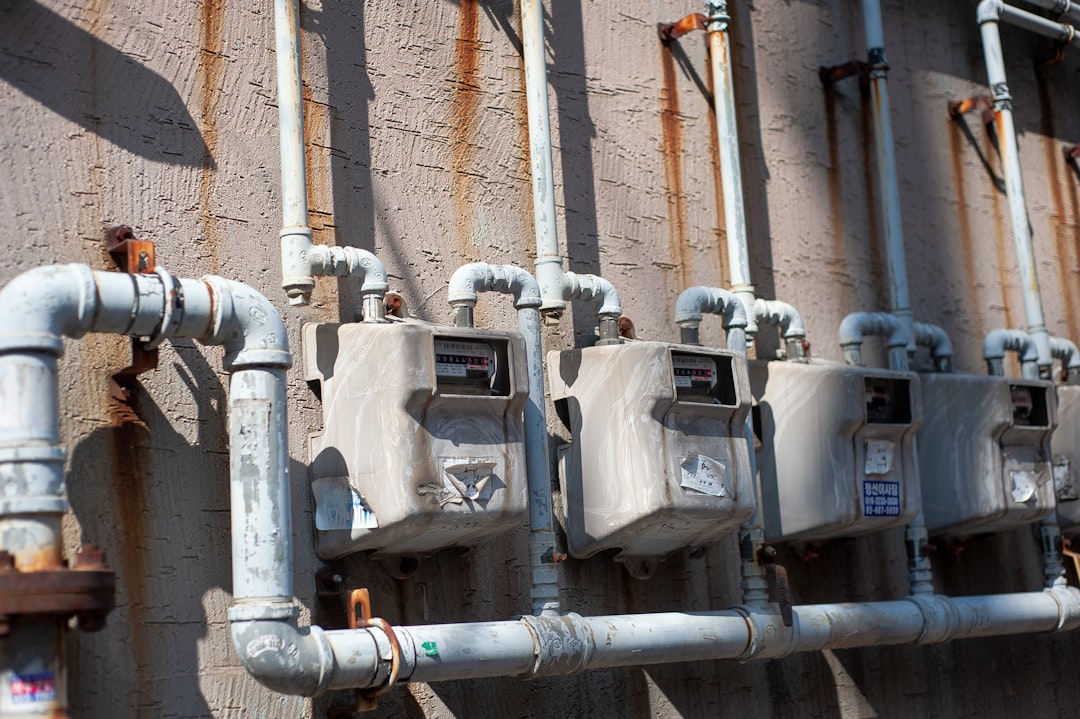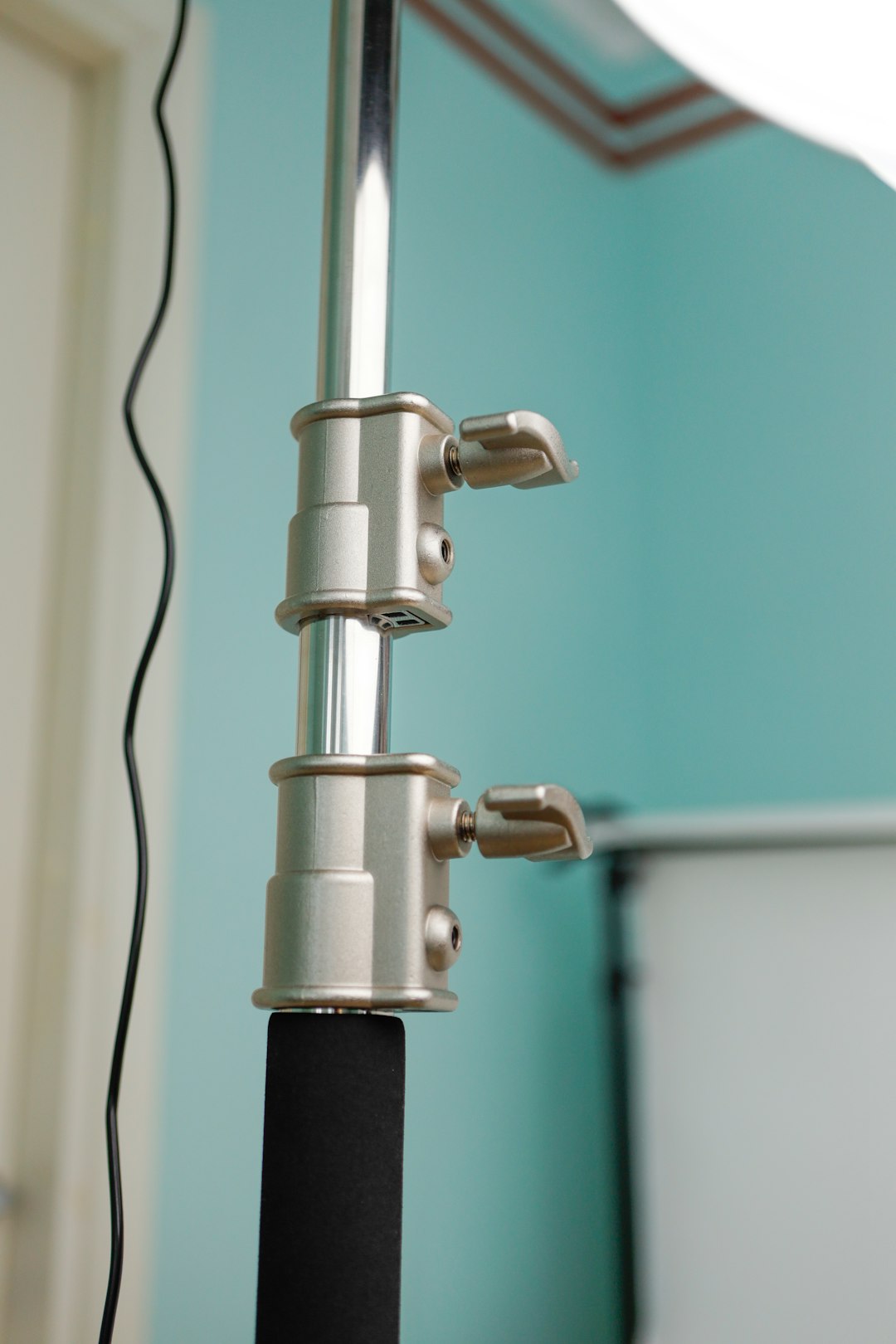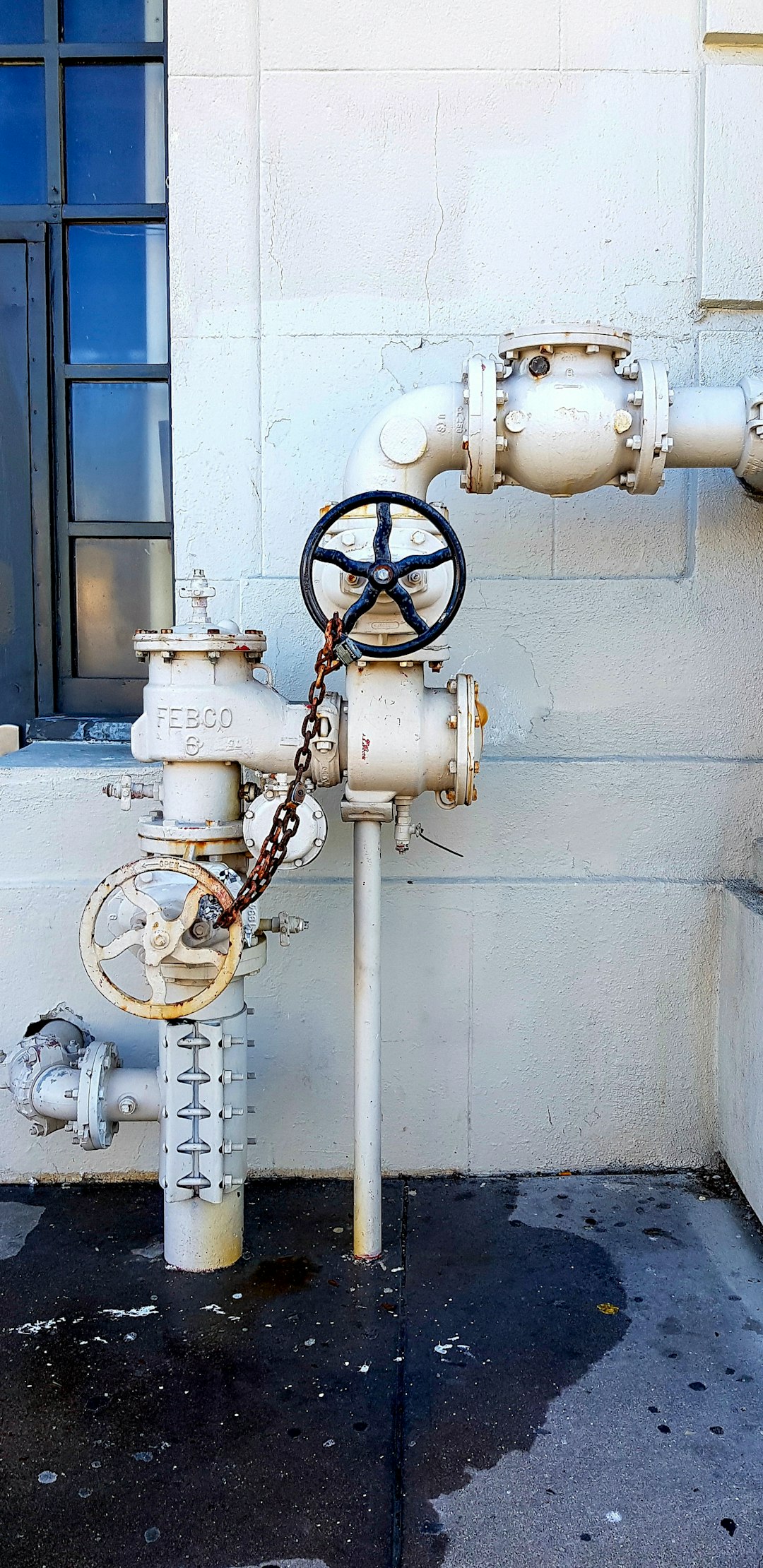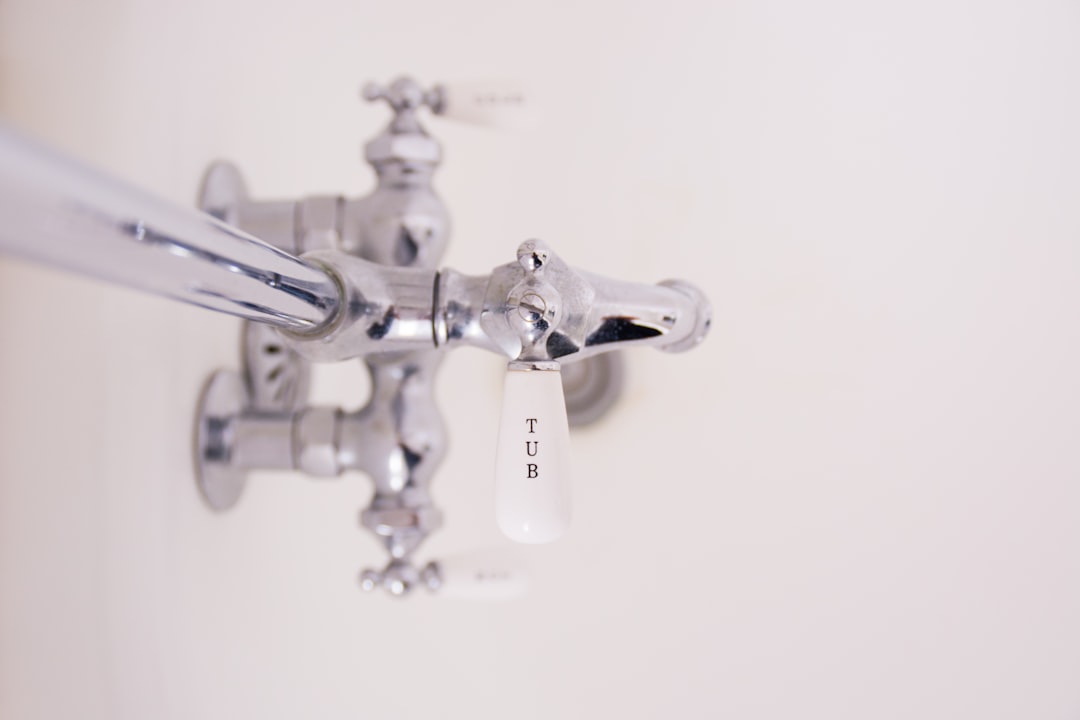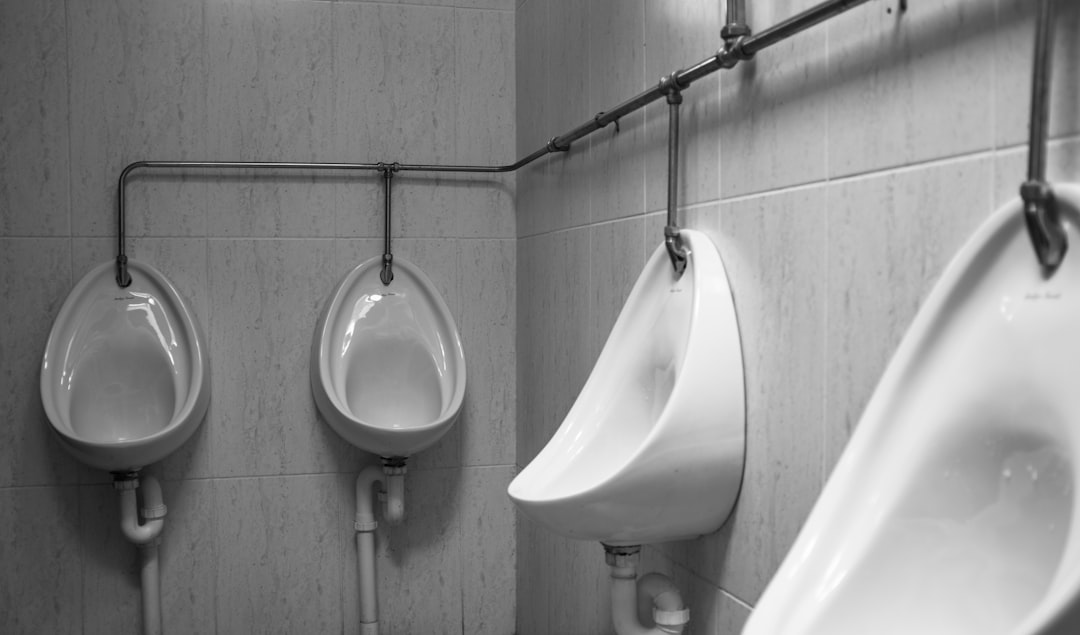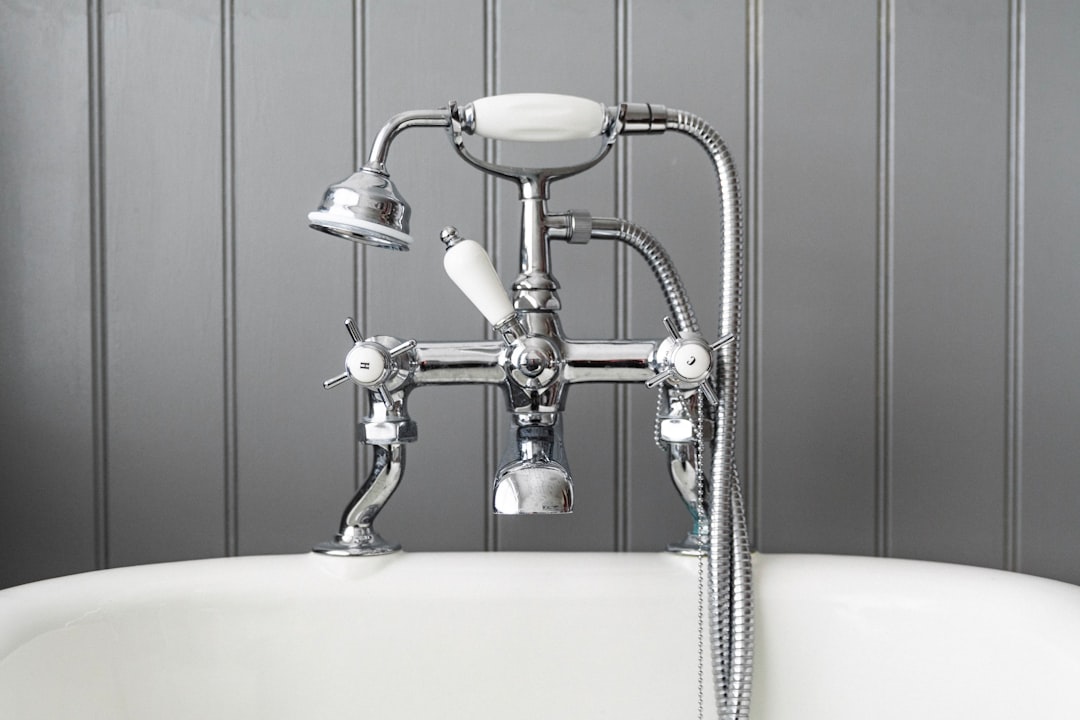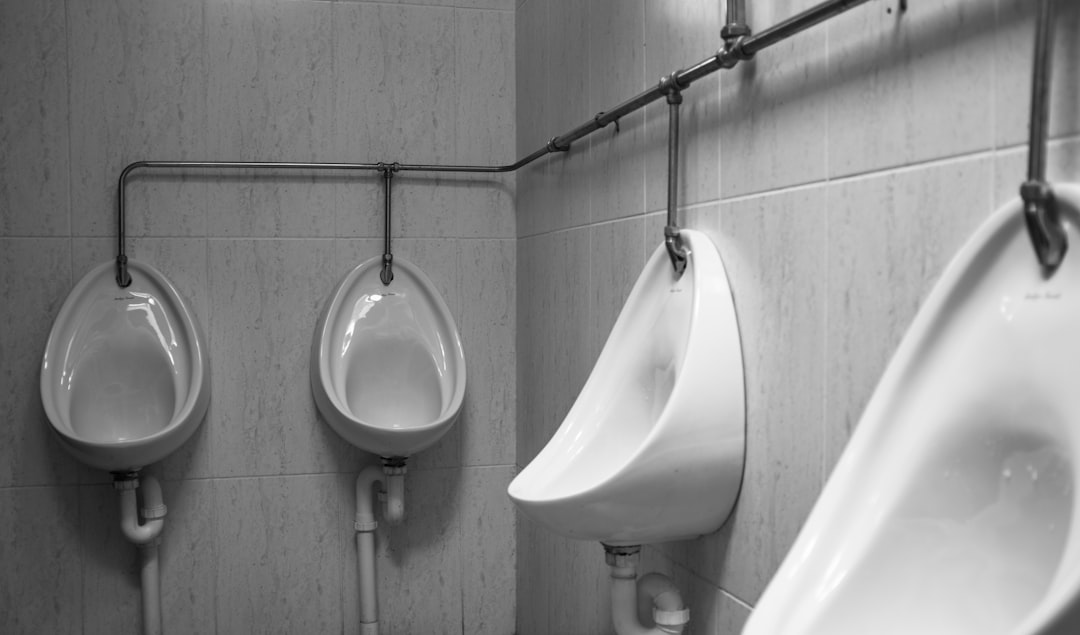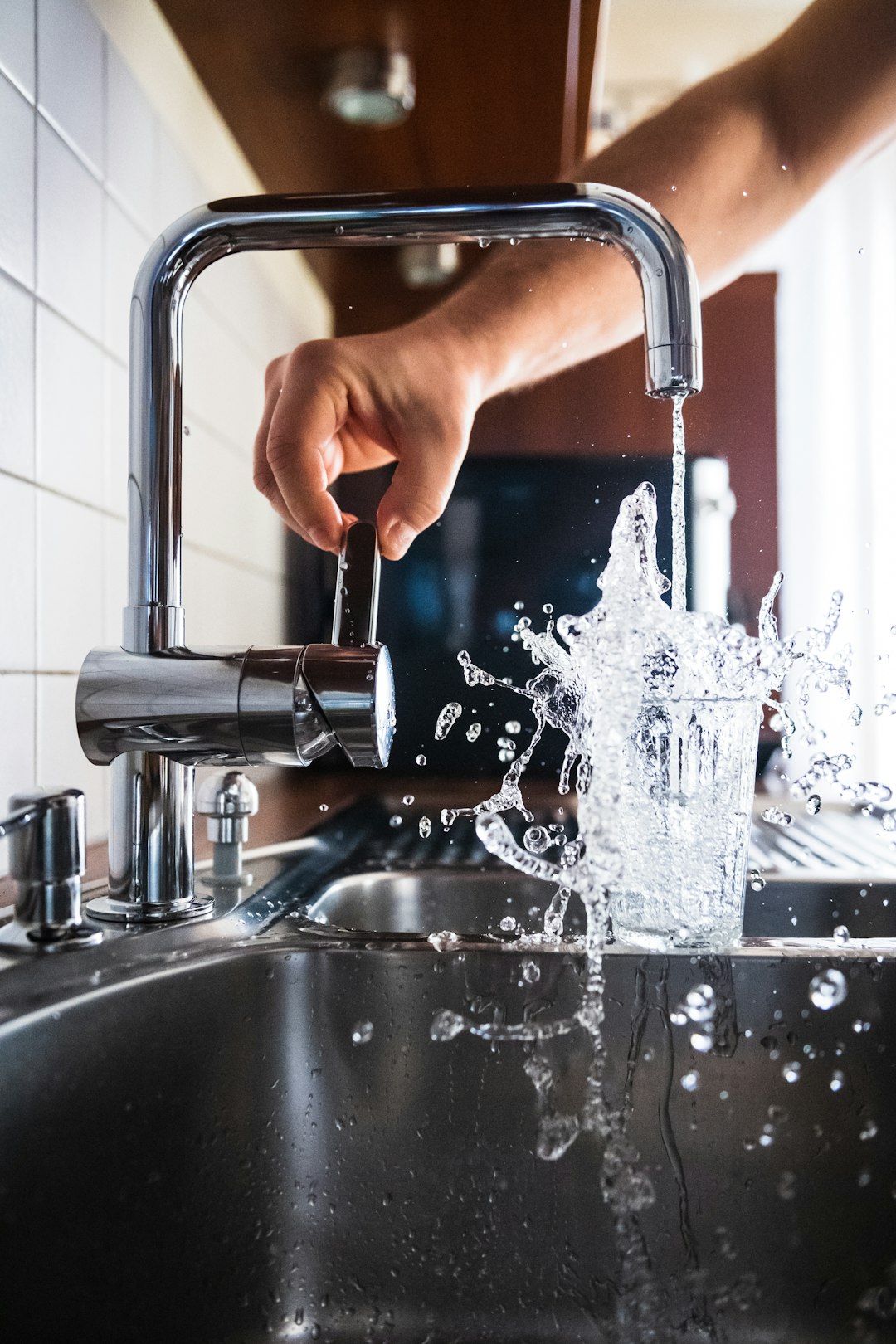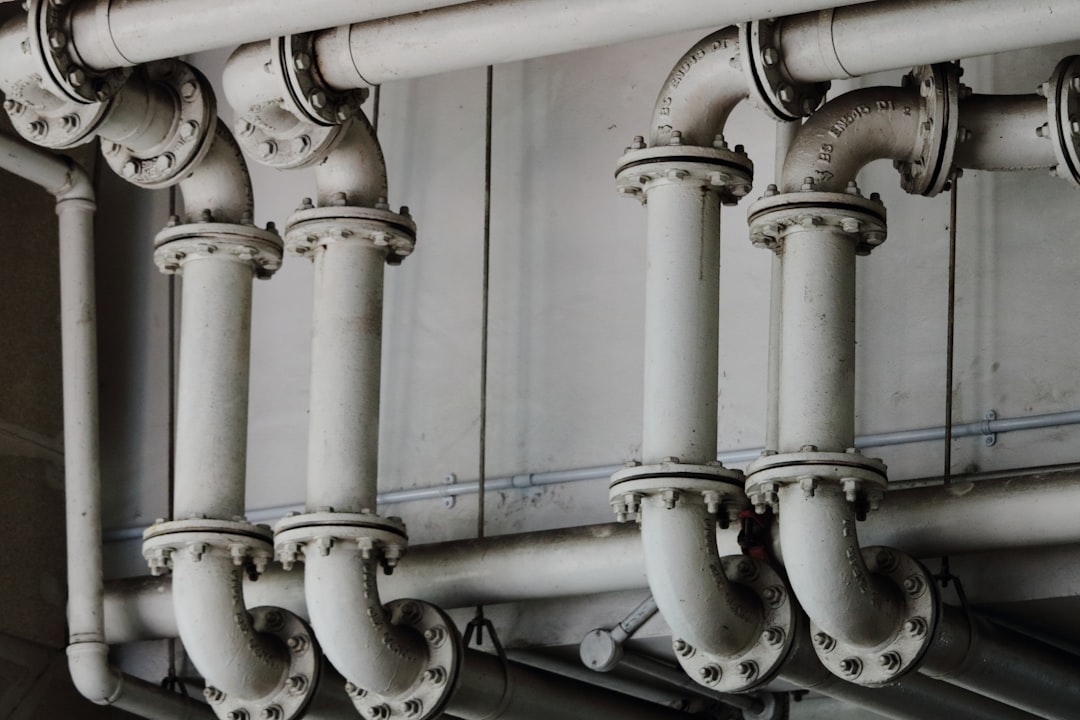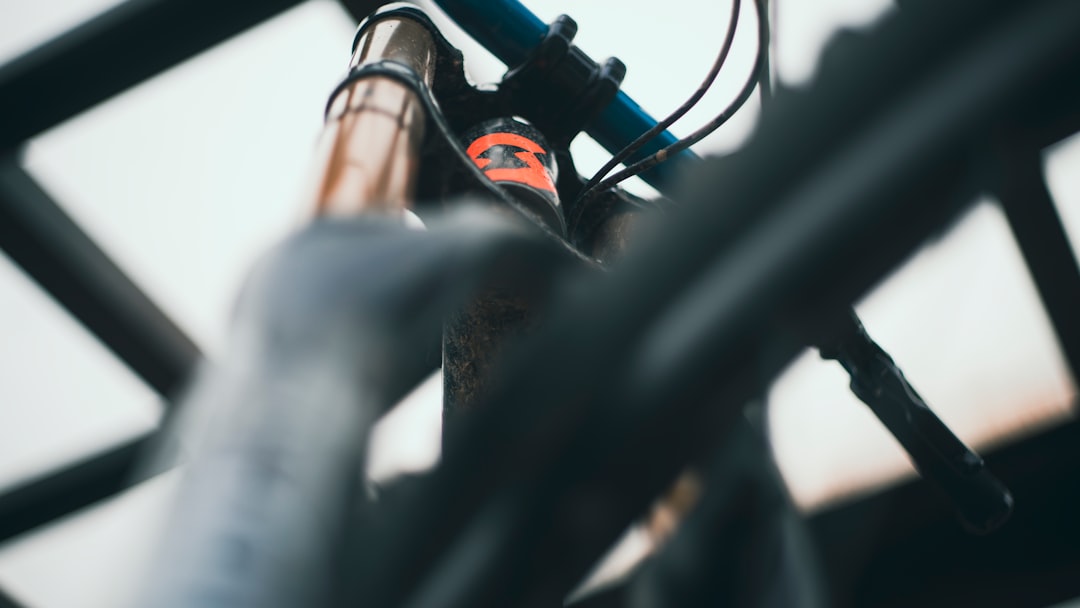Table of Contents
- Introduction
- Definition of a plumbing emergency
- Signs of a plumbing emergency
- Common plumbing emergencies
- Immediate actions to take during a plumbing emergency
- When to call a plumbing emergency service
- Cost considerations for emergency plumbing services
- Preventative measures to avoid plumbing emergencies
- Differences between residential and commercial plumbing emergencies
- Conclusion
- Frequently Asked Questions
Introduction
When it comes to plumbing, not all leaks and clogs are created equal. Some issues can be simple to fix with a little bit of elbow grease, while others might lead to catastrophic damage if left unchecked.
In a world where every drip or gurgle can send homeowners into a panic, understanding what truly constitutes a plumbing emergency is crucial. Are you really facing a disaster when your faucet is dripping, or is it just annoyance waiting for a weekend fix?
In this article, we’ll explore the telltale signs of a plumbing emergency, helping you to distinguish between the routine and the urgent. You’ll learn when it’s time to roll up your sleeves and when it’s best to call in the professionals to avert serious damage to your home. So grab a seat, and let’s dive into the murky waters of plumbing emergencies!
Definition of a plumbing emergency
A plumbing emergency is typically defined as a situation that poses an immediate risk to property, health, or safety and requires urgent attention from a professional plumber. Common examples include severe water leaks that can cause flooding, overflowing toilets, or broken pipes that lead to significant water damage. Additionally, plumbing emergencies may involve issues that disrupt the normal functioning of essential water services, such as a sudden loss of hot water or sewage backups. These situations not only create inconvenience but can also result in costly repairs if not addressed promptly.
In some cases, plumbing emergencies may also involve problems related to gas lines or heating systems, which can pose serious safety hazards. It is essential for homeowners to be able to identify these urgent issues and understand when to call for immediate help. Recognizing the signs of a plumbing emergency can save time, money, and prevent further damage to the property.
Signs of a plumbing emergency
Recognizing the signs of a plumbing emergency is crucial for homeowners to prevent extensive damage and costly repairs. One of the most obvious signs is a sudden and severe leak or burst pipe, which can result in significant water damage if not addressed immediately. Another indicator is low water pressure, which may suggest a blockage or a leak within the plumbing system.
Additionally, if you notice water stains on walls or ceilings, this could signify a hidden leak that needs urgent attention. Unpleasant odors coming from drains or sewage backups are also alarming signs that something may be wrong with your plumbing.
Furthermore, frequent clogs or slow drainage in sinks and bathtubs might indicate a more serious issue, such as tree root intrusion or a damaged sewer line. Lastly, any signs of mold growth or dampness in areas where plumbing exists should be treated as emergencies. Taking prompt action when these signs are observed can help minimize damage and save money in the long run.
Common plumbing emergencies
Common plumbing emergencies can arise unexpectedly, causing significant disruptions and potential damage to your home. One of the most frequent issues is a burst pipe, which can result in flooding and property damage if not addressed immediately. Signs of a burst pipe include unexpected water pooling and a sudden drop in water pressure.
Another common emergency is a clogged toilet, especially when it overflows. This situation can create unsanitary conditions and require immediate attention to prevent further mess.
Additionally, sewage backups can pose serious health risks, emitting foul odors and contaminating living spaces. These backups often require professional intervention.
Moreover, water heater failures can become emergencies when there is no hot water available, particularly in colder months. Lastly, leaking faucets or fixtures, while seemingly minor, can escalate into major problems if left unaddressed, leading to water waste and increased utility bills. Recognizing these emergencies and understanding their implications can help homeowners take swift action, minimizing damage and ensuring safety.
Immediate actions to take during a plumbing emergency
During a plumbing emergency, the first step is to identify the source of the problem. If you are facing a burst pipe, it is crucial to shut off the water supply immediately to prevent further damage. Locate the main water shut-off valve, which is typically found near the water meter, and turn it off.
Next, if water is pooling or leaking, try to contain the situation by placing buckets or towels to soak up any excess water. This can help minimize water damage to your property.
If the emergency involves sewage backup, it is vital to avoid using any fixtures and to keep people and pets away from the affected area for safety.
Once you have taken these immediate actions, contact a licensed plumber as soon as possible. Provide them with details of the situation, including the steps you’ve already taken. Quick communication can help them prepare for the needed repairs and address the emergency more efficiently. Remember to document the situation with photos, which can be useful for insurance claims.
When to call a plumbing emergency service
Knowing when to call a plumbing emergency service is crucial for homeowners to avoid extensive damage and costly repairs. Generally, any situation that poses a threat to your property or affects your ability to use essential plumbing fixtures can be deemed an emergency. For instance, a major water leak or a burst pipe can lead to significant water damage and should be addressed immediately.
Additionally, a sewage backup is a serious issue that requires urgent attention, as it can pose health risks and create unhygienic conditions in your home.
If you experience a complete loss of water supply or an overflow from toilets or sinks that cannot be managed, these situations also warrant the expertise of emergency plumbing services.
Other indicators of an emergency include severe drain clogs that prevent proper waste disposal or problems with your water heater that could result in flooding or lack of hot water.
In summary, any plumbing issue that disrupts your daily life or threatens your property should prompt a call to emergency plumbing services.
Cost considerations for emergency plumbing services
When facing a plumbing emergency, one of the primary concerns for homeowners is the cost associated with emergency plumbing services.
Emergency plumbers typically charge higher rates than standard plumbers due to the immediacy of the service required and the demand for availability outside regular business hours.
Factors influencing these costs include the time of day, the complexity of the issue, and the required materials. For instance, plumbing emergencies that occur during the night or on weekends may incur additional service fees.
Moreover, if specialized parts or extensive repairs are needed, the overall cost can escalate significantly.
It’s also important to consider travel time; the further the plumber has to travel, the more this may affect the total cost.
Homeowners should be proactive by researching and understanding the pricing structures of local plumbing services before an emergency arises.
Some plumbing companies offer memberships or discounts that can help mitigate costs during urgent repairs. Being informed can help homeowners make better financial decisions in times of crisis.
Preventative measures to avoid plumbing emergencies
Preventative measures are essential in avoiding plumbing emergencies that can lead to costly repairs and significant inconvenience. Regular maintenance and inspections of your plumbing system can catch potential issues before they escalate. Homeowners should routinely check for leaks under sinks, around toilets, and along exposed pipes. Additionally, clearing drains of debris and buildup can prevent clogs that lead to backups.
It is advisable to install drain covers and be cautious about what gets flushed or poured down the drain. Furthermore, ensuring that pipes are adequately insulated can prevent freezing and bursting during colder months.
Familiarizing yourself with the location of the main water shut-off valve is crucial; in case of a sudden leak, shutting off the water supply can minimize damage. Finally, scheduling professional plumbing inspections at least once a year can help to identify and rectify any potential problems. By taking these preventative steps, homeowners can maintain a healthy plumbing system and greatly reduce the risk of emergencies.
Differences between residential and commercial plumbing emergencies
The distinctions between residential and commercial plumbing emergencies are significant and often relate to the nature and scale of the plumbing systems involved. In residential settings, emergencies typically include issues like burst pipes, severe leaks, clogged drains, or malfunctioning water heaters that can lead to immediate property damage or unsafe living conditions. These problems usually demand rapid response to prevent further damage and restore normalcy for the homeowners.
In contrast, commercial plumbing emergencies can be more complex due to larger systems, higher usage demands, and the presence of specialized plumbing fixtures. Common issues in commercial settings may include backflow incidents, extensive leaks in multi-story buildings, or the failure of restroom facilities that impact multiple tenants or employees. The downtime in commercial properties can lead to significant financial losses, making efficient and prompt plumbing services essential.
Moreover, the regulations governing commercial plumbing systems tend to be stricter, influencing how emergencies are managed and resolved. Understanding these differences can help property owners and managers prepare for and address plumbing emergencies more effectively.
Conclusion
In conclusion, recognizing and understanding plumbing emergencies is crucial for homeowners to maintain safety and prevent costly damage. By being aware of the signs of a plumbing emergency, such as burst pipes, severe leaks, or sewage backups, you can take immediate action and minimize the risk to your property. Remember, when you encounter an urgent plumbing issue, quick intervention can save you time and money. Always have the contact information of a reliable plumbing emergency service readily available, and don’t hesitate to reach out for help when needed. If you’re in need of expert plumbing assistance, call 573-555-2121 today. Our knowledgeable team is here to help you resolve your plumbing issues swiftly and efficiently!
